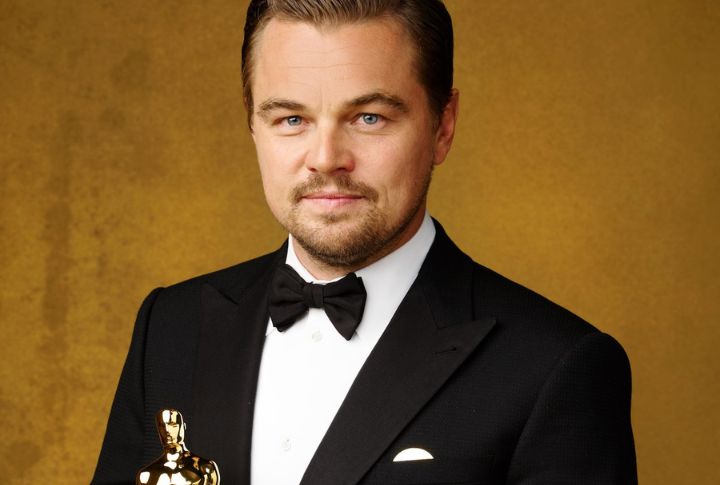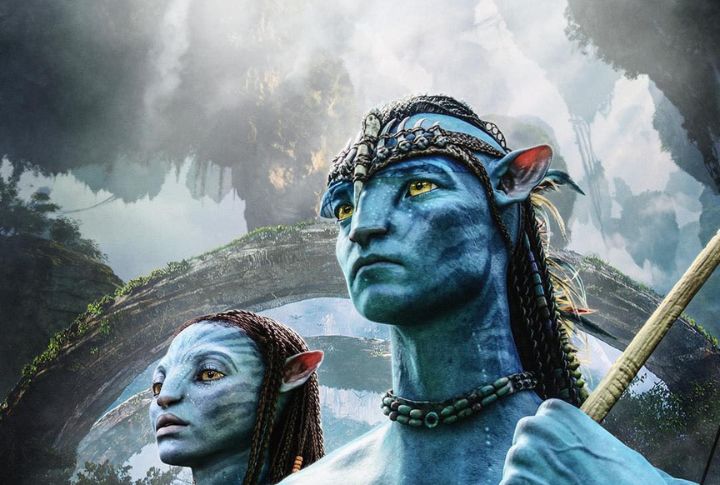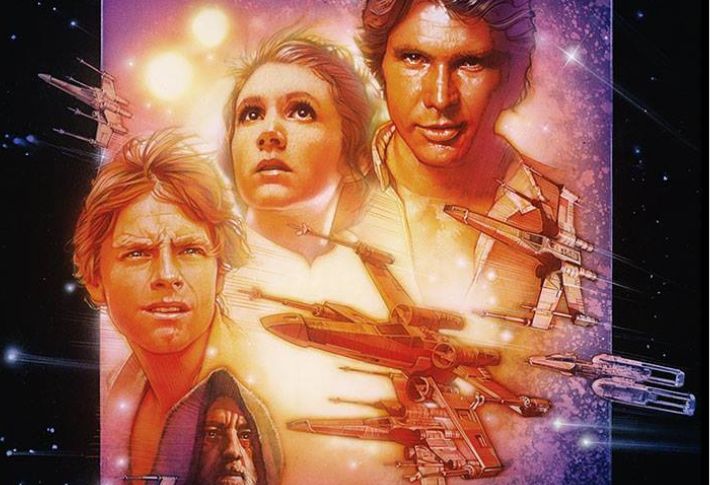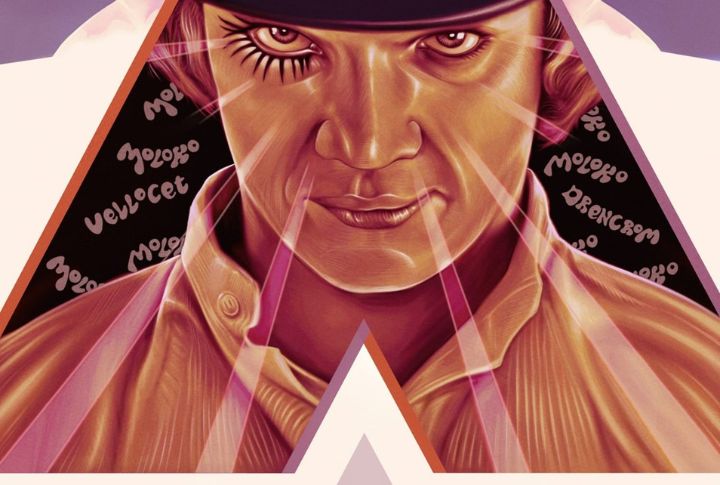
The Oscars – a night where stars align and dreams come true, but not without its share of heartbreaks and controversies. Among these are the tales of 15 films so profound and captivating that they seemed destined to clinch the prestigious Best Picture award, yet they did not.
“Jaws” (1975)

The story of a great white shark terrorizing a beach community became an indelible part of film history through its masterful use of suspense and a haunting score. While Steven Spielberg’s maritime thriller competed for the outstanding feature, the Academy Award went to “One Flew Over the Cuckoo’s Nest.”
“Tootsie” (1982)

In this comedy-drama, Dustin Hoffman stars as a struggling actor who desperately adopts a female persona to land a role. “Tootsie” cleverly addresses issues of gender and identity, wrapped in a layer of humor and warmth. Its insightful script earned it multiple Oscar nominations but ultimately fell to “Gandhi” in the Best Picture category.
“Apocalypse Now” (1979)

Francis Ford Coppola’s intense adaptation of Joseph Conrad’s “Heart of Darkness” features stellar performances and a notorious production history; the movie delves deeply into the madness of conflict and the darkness of the human psyche. Although it was a strong contender for Best Picture, the award was ultimately given to “Kramer vs. Kramer.”
“Shawshank Redemption” (1994)

Despite not winning Best Picture, this rendition of Stephen King’s novella remains a testament to hope, friendship, and redemption. Its story of Andy Dufresne’s unjust imprisonment and eventual escape captures the human spirit’s resilience, making it a beloved classic that ranks highly among the greatest films ever made.
“Pulp Fiction” (1994)

Quentin Tarantino’s nonlinear storytelling, sharp dialogue, and unforgettable characters revolutionized cinema. His blend of humor, violence, and pop culture redefined the crime genre and cemented Tarantino’s place in cinematic history. Even as “Pulp Fiction” came up second to “Forrest Gump,” its influence on filmmaking and pop culture stands unmatched.
“Goodfellas” (1990)

Martin Scorsese’s riveting mob drama offers an unflinching look at a gangster’s rise and fall. Its dynamic narration, meticulous direction, and powerful performances make it a seminal work in the crime genre. Though it lost to “Dances with Wolves,” “Goodfellas” continues to be celebrated for its artistry.
“Saving Private Ryan” (1998)

Steven Spielberg’s WWII epic is renowned for its realistic portrayal of war, particularly the harrowing D-Day landing scene. Its emotional depth and technical prowess set a new standard for war films. Even as it fell short of “Shakespeare in Love,” it remains a landmark in cinematic history.
“Brokeback Mountain” (2005)

It is a groundbreaking film that explores the complex relationship between two cowboys navigating societal norms. Its tender portrayal of love and loss and stunning portrayals garnered critical acclaim. Losing to “Crash” was controversial, but its impact on LGBTQ+ cinema is undeniable.
“La La Land” (2016)

This modern musical captures the joy and heartache of pursuing dreams. Its vibrant visuals, memorable score, and passionate enactments create a bittersweet love letter to Los Angeles and the arts. The infamous mix-up momentarily awarded it Best Picture, but “Moonlight” won.
“Roma” (2018)

Alfonso Cuarón’s deeply personal depiction is a masterful portrayal of family and societal divides in 1970s Mexico City, told through the life of a live-in maid. Shot in exquisite black and white, “Roma” captures intimate moments and historical context, offering a poignant, universal story.
“The Grand Budapest Hotel” (2014)

Wes Anderson’s stylized, whimsical tale of a legendary concierge and the hotel he inhabits blends comedy, drama, and a visually arresting aesthetic. Its unique storytelling and detailed production design showcase Anderson’s signature style, making it a fan favorite, though it did not triumph over “Birdman.”
“Inception” (2010)

Although “Inception” lost to “The King’s Speech,” Christopher Nolan’s mind-bending thriller remains a riveting exploration of the complexities of dreams within dreams that blends sci-fi with a heist plot. From its innovative concept and visual effects to its intellectual depth, its gripping narrative challenges and excites the audience.
“Avatar” (2009)

Cinema enthusiasts were shocked when James Cameron’s visual spectacle “Avatar” lost the Best Picture Award to “The Hurt Locker.” The movie introduced groundbreaking 3D technology and a vivid alien world, setting box office records with environmental and anti-imperialist themes that resonate within an epic sci-fi narrative.
“Star Wars” (1977)

George Lucas’s epic space opera revolutionized special effects and narration in cinema, creating a beloved franchise. While not securing a win over “Annie Hall,” its legacy continues to grow. Its innovative technology, compelling mythology, and dynamic characters make it a cultural phenomenon.
“A Clockwork Orange” (1971)

Stanley Kubrick’s adaptation of Anthony Burgess’s novel is a provocative exploration of free will, violence, and societal control. With a distinct visual style, unsettling themes, and controversial content, the film is a powerful work of art, sparking both debate and admiration.
